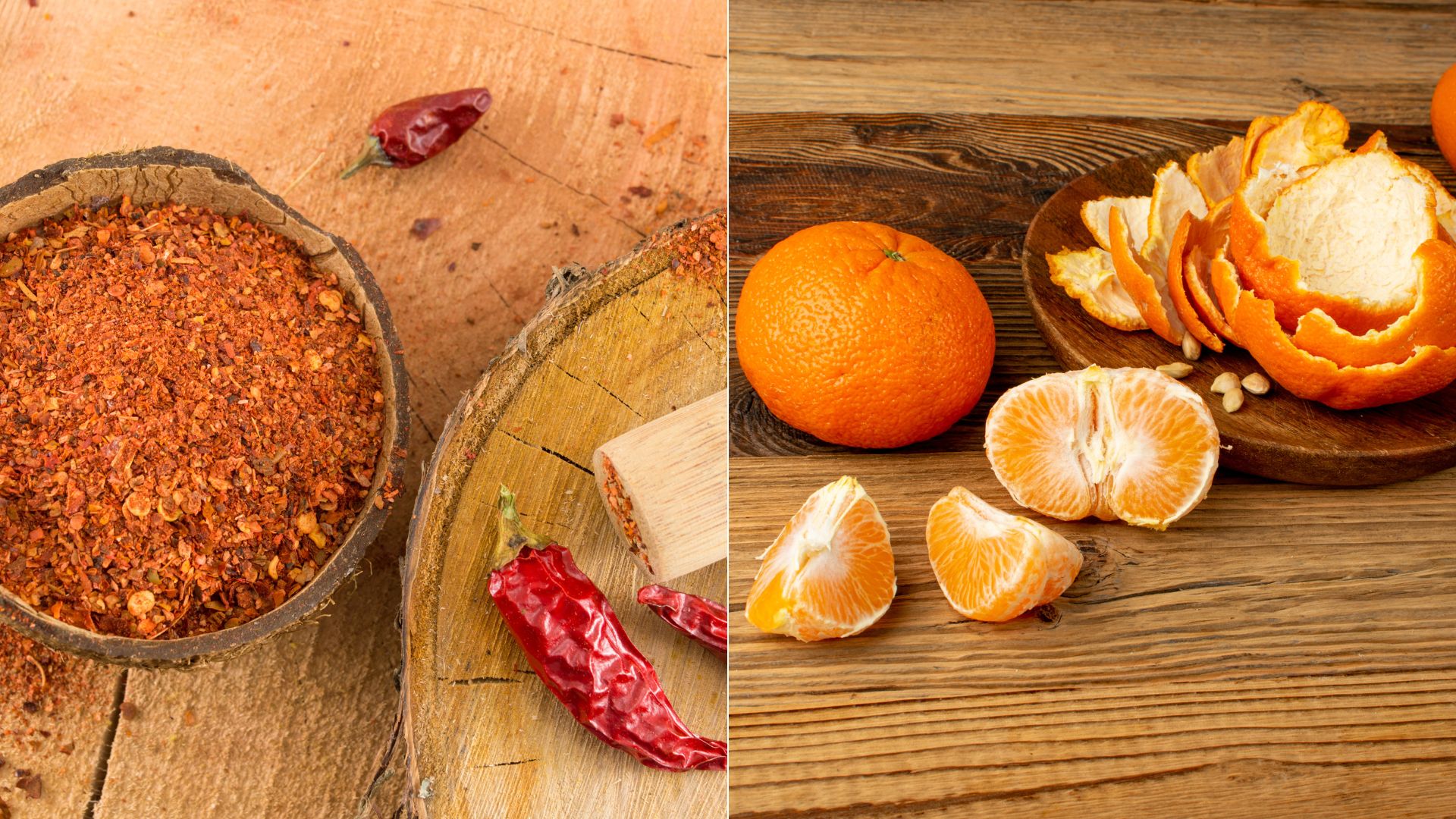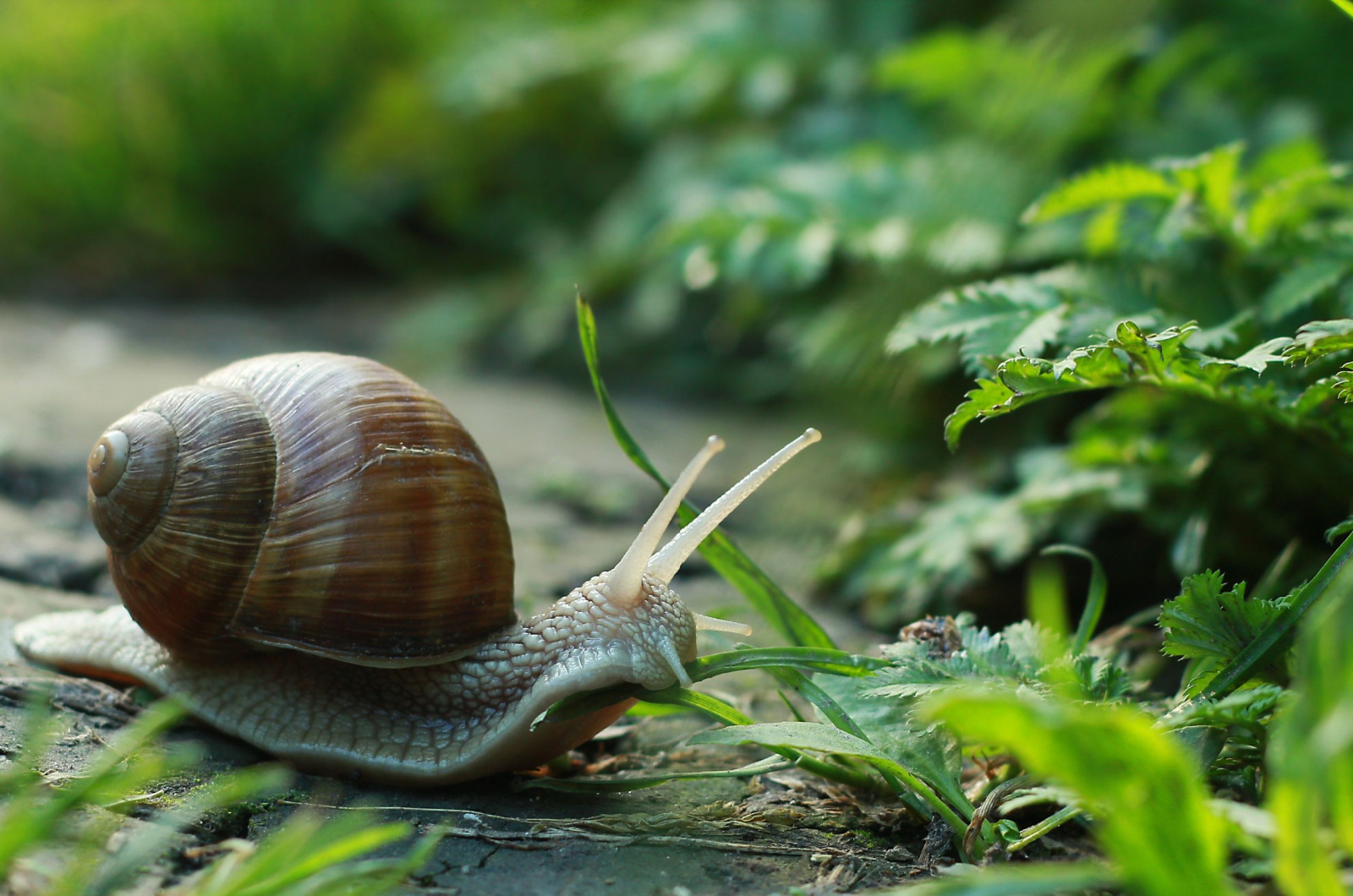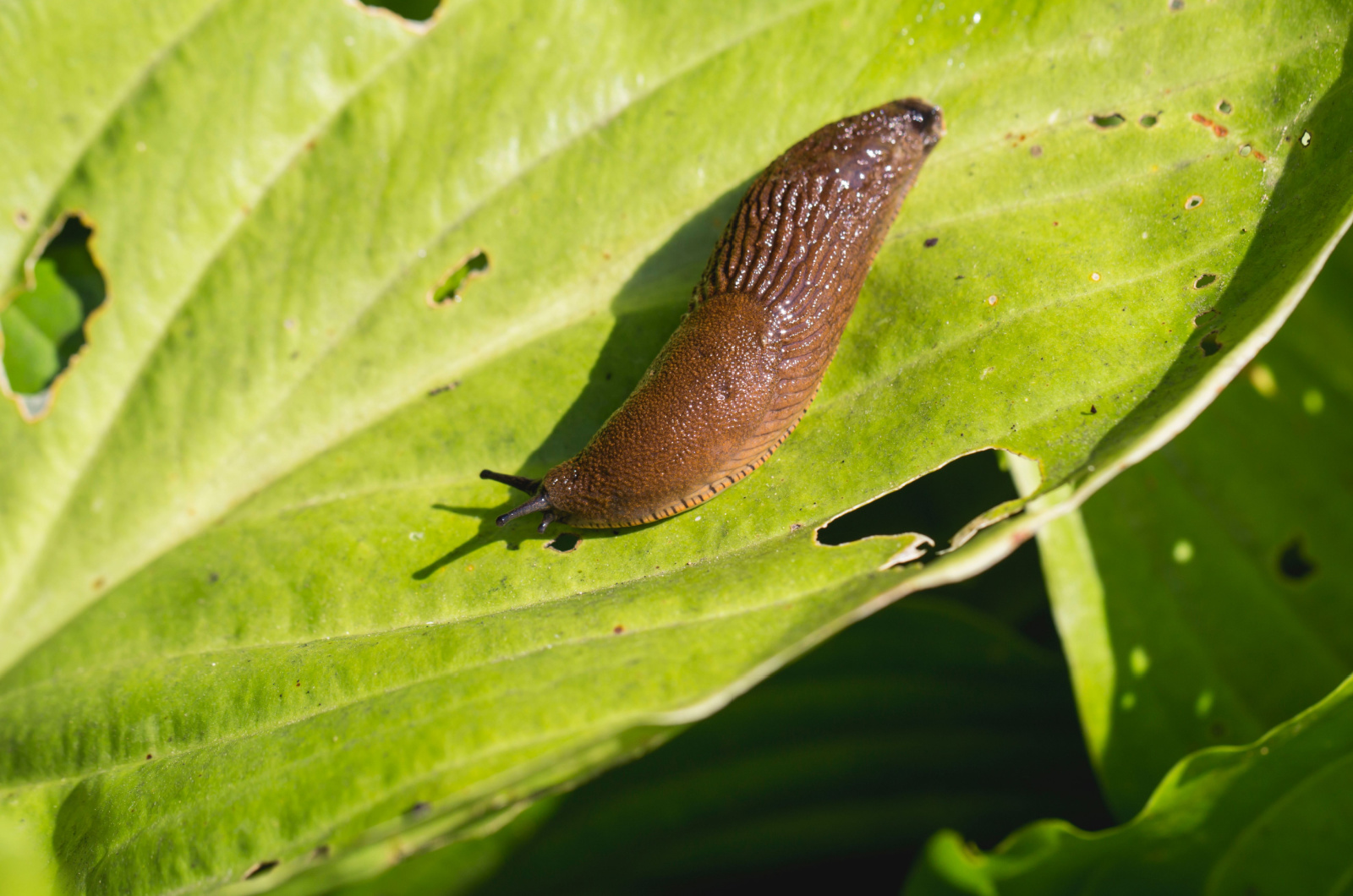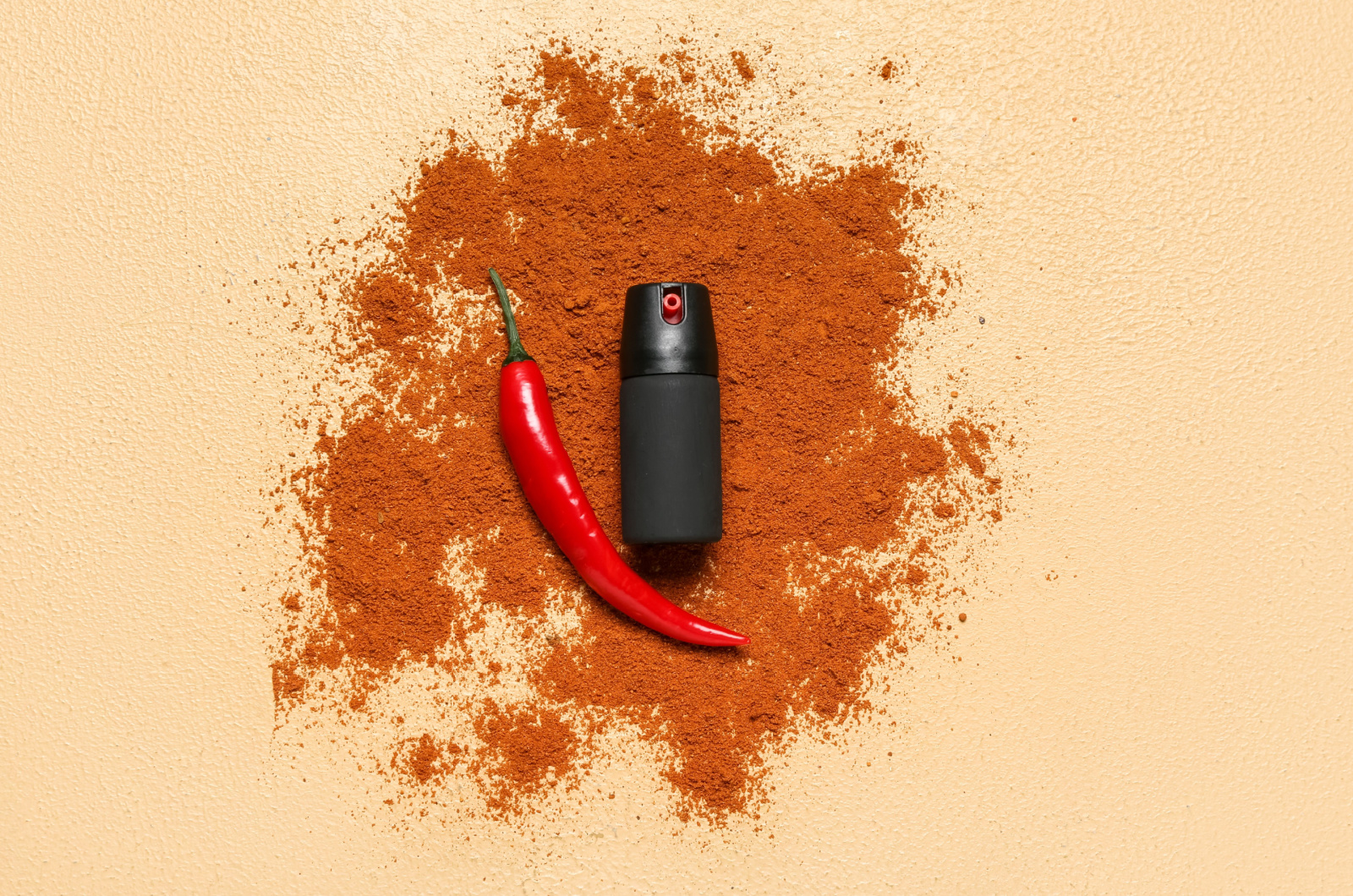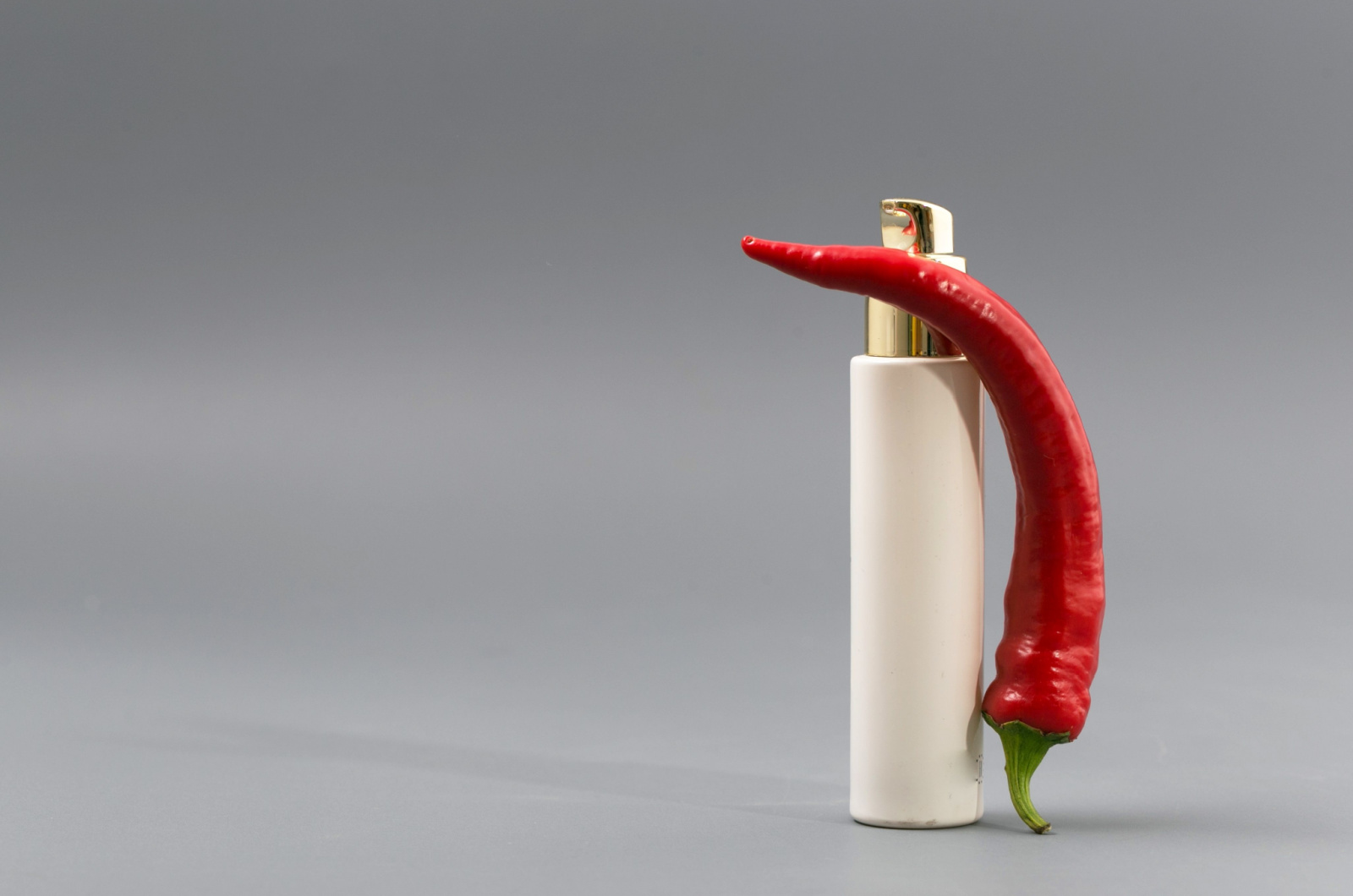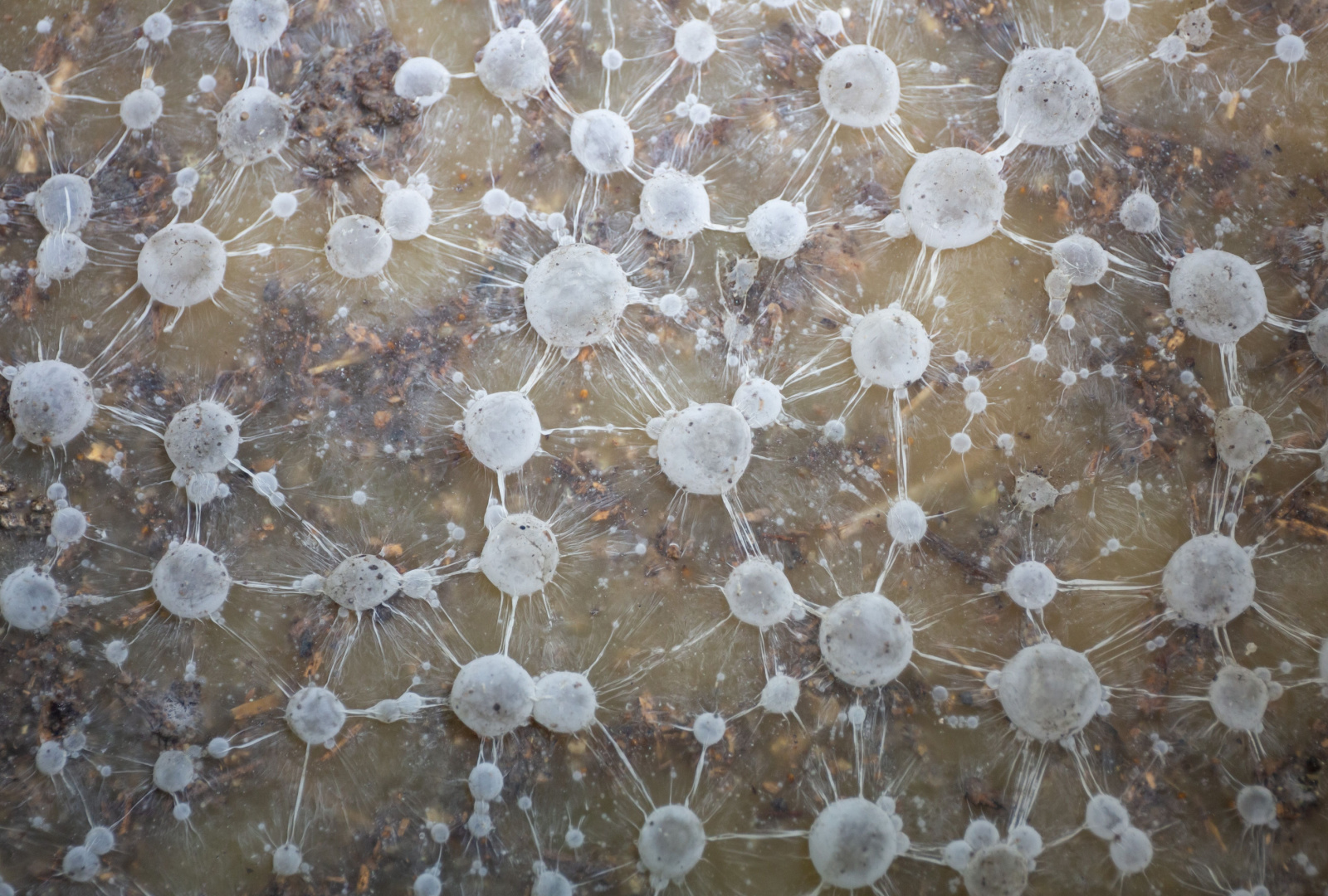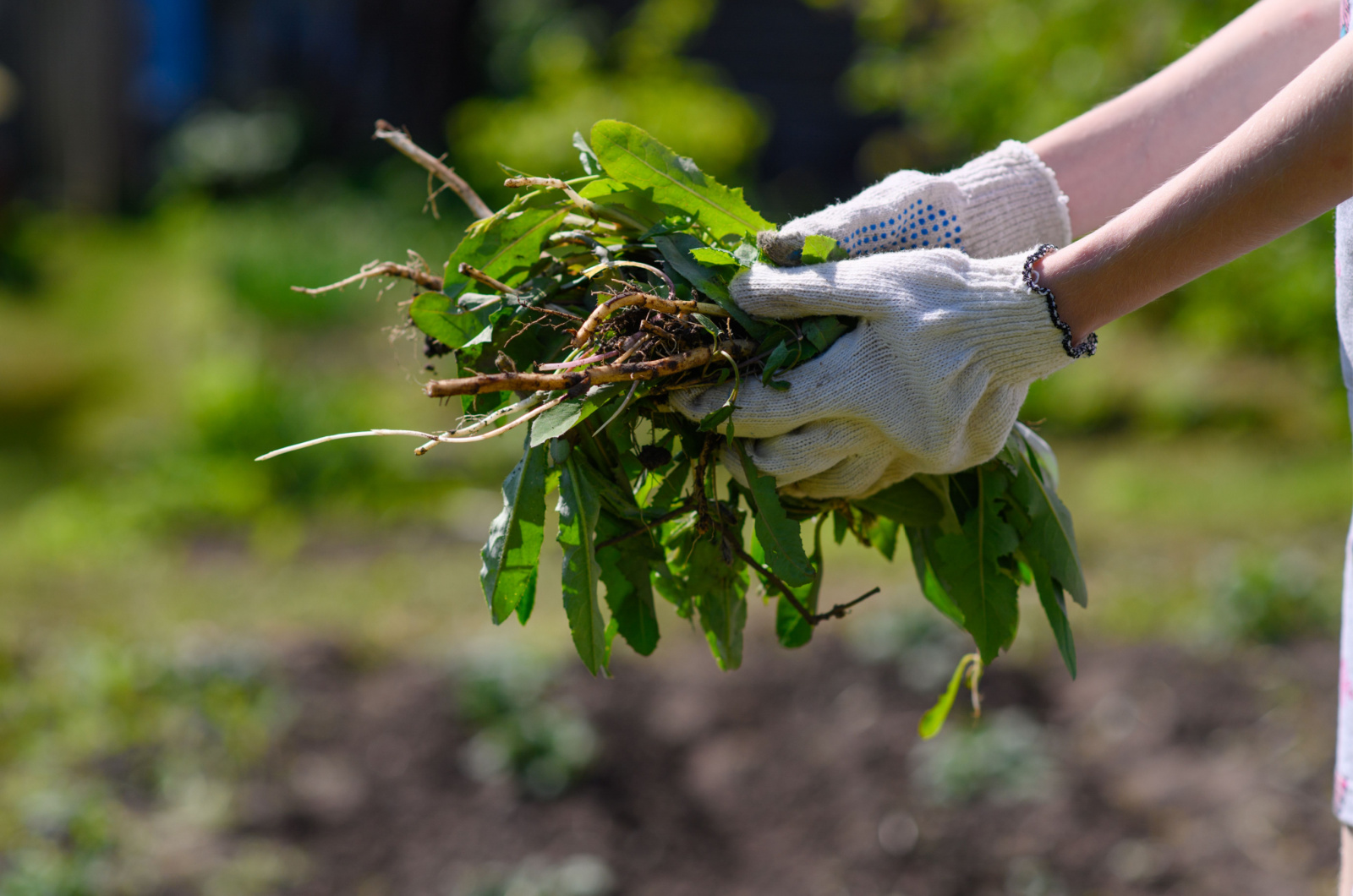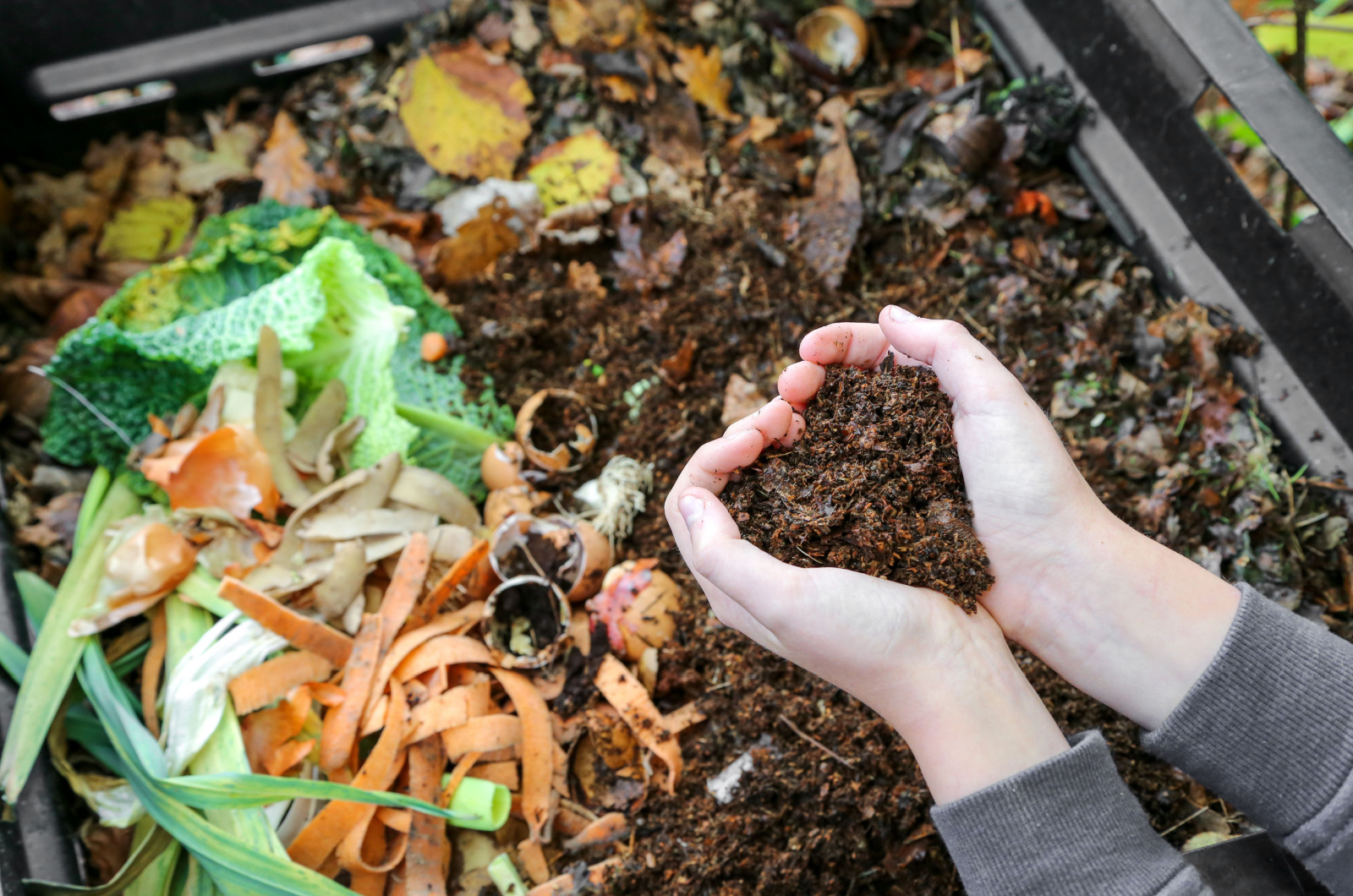There are many things that can make your gardening experience a lot easier, such as finding great pest and weed control methods and fighting off fungi.
You can do that with commercial products, yes, but there are some things you can make yourself and they actually work.
Cinnamon is an excellent condiment you can use for pest control, baking soda defeats powdery mildew, and boiling water can kill weeds.
But is this all? Of course not! Here are some more homemade organic sprays and concoctions you can use in and around your garden!
Pest Control And Management
These sprays and solutions are excellent for removing slugs, ants, insects, and even larger creatures such as mice, squirrels, and deer.
1. Beer For Slugs And Snails
There are many ways to get rid of snails and slugs, and one of them is setting up beer traps.
Place a tuna can (or some other shallow vessel) an inch below ground level so that the slugs can reach down and drown in the beer. If the can is closer to the soil, the slugs wouldn’t fall in and would keep nibbling your plants.
Add beer to your can but not all the way to the rim – leave about an inch at the top.
Yeast in the beer will attract snails and slugs from all over, so make sure you have enough traps to deal with them.
2. Cinnamon Or Cayenne Pepper
Did you know that a sprinkle of cinnamon can make your garden thrive, whether it’s fighting off fungal diseases, helping your plants root, or deterring pests.
Yes, a dash of cinnamon or cayenne pepper will repel ants from your home in an instant and won’t injure them.
3. Citrus Rinds As Snail And Slug Traps
Snails and slugs love the scent of citrus, so there’s a way to put those lemon, grapefruit, and orange peels to good use.
Place the rinds around your garden and remember where you put them. The slugs and snails will come crawling towards them, and you can just pick them up and feed them to your chickens or drown them in a bucket of soapy water.
You can also use citrus rinds as pest deterrents, not just slug traps.
4. Garlic Oil Spray
The first step to making this spray is by soaking 3-4 cloves of garlic in 2 teaspoons of mineral oil. Let it soak overnight and then remove the cloves. Add 2 cups of water and a teaspoon of non-detergent dish soap, such as Castille soap.
Store it in a bottle or a jar and dilute 2 tablespoons of the solution in 2 cups of water. Transfer it to your spray bottle and mist away.
Garlic essential oil is a natural and eco-friendly way to control pests in your garden. Research has proven that it is harmful and, in many cases, lethal to mealworms in larva, pupa, and adult stages. (1)
This oil repels many other pests, including most beetles, whiteflies, and aphids. Just make sure to apply it on an overcast day because oil and sun can burn the plants’ foliage.
5. Hot Pepper Spray
This spray is great against mites and whiteflies. Dissolve 2 tablespoons of hot sauce and a couple of drops of dish soap in 4 cups of water. Let it steep overnight, transfer it to the mister, and spray the infested plants.
Hot peppers contain capsaicin, a chemical that tingles or burns your mouth and repels and kills insects. (2)
6. Newspaper Earwig Trap
We can all agree that earwigs are a nuisance, so if there’s a way to get rid of them effectively, why not try it?
All you need to do to set up a trap for them is roll up a newspaper and secure it with an elastic band – earwigs love shelters like this.
Soak the trap in water and place it wherever you want: garden, patio, or inside your home. Check on it daily and dip into the water to remove the earwigs.
7. Red Pepper Spray
If you want something to deter large creatures, such as bird and mammal pests, spray your plants with a red pepper spray.
It will make the plants less flavorful, causing deer, rabbits, squirrels, mice, and birds to find food elsewhere.
Dissolve a teaspoon of dish soap and 4 tablespoons of Tabasco sauce in 4 cups of water. Spray this solution on a weekly basis and the capsaicin in it will irritate the pests, keeping them away from your vegetable plot.
8. Soap Spray
Soap sprays are perfect for removing an array of garden pests, including aphids, mites, thrips, whiteflies, mealybugs, scales, and other soft-bodied bugs.
All you need to do is dissolve a tablespoon of dish soap in a gallon of water, transfer it to your spray bottle, and mist the pests.
But not even scientists are 100% sure why this method works. Their working theory is that the dish soap dissolves the protective coating insects have on their body, leading to them drying out. (3)
9. Tomato Leaf Spray
This spray is excellent for repelling mites and aphids. Once tomatoes feel threatened, they release certain chemicals into the air. After the other tomato plants get a whiff of this, they toxify their leaves and become more poisonous to pests. (4)
You can take advantage of this benefit by using 2 cups of chopped tomato leaves and steeping them in 2 cups of water overnight.
Strain and discard the leaves the following day, add 2 more cups of water, transfer everything into a spray bottle, and start misting your plants.
Sprays For Fungal Diseases
Both of these sprays work better if you use them as a preventive measure against powdery mildew and not as a cure.
However, if your plants are already ill and the infection isn’t extensive, you can use them to treat this disease.
1. Baking Soda Spray
Baking soda doesn’t work on its own, but mix a tablespoon of it with a tablespoon of Castille soap and vegetable oil, dissolve it all in a gallon of water, and you’ll get a powerful weapon.
It makes the surface alkaline and disrupts the multiplication of the fungi that cause powdery mildew. Oil and soap are also important ingredients as they help the solution stick to the plants’ surface.
Just remember to use non-detergent soap so that you don’t damage the plants.
2. Milk Spray
Milk spray is an excellent method to prevent powdery mildew from infecting your squash, zinnias, grapes, and other plants easily affected by this fungal disease.
Mix it with water in a 40:60 ratio, and apply it regularly.
Weed Control
You don’t have to go to the garden center and get expensive weed killers; you can make your own!
1. Boiling Water
Boiling water will instantly destroy weed roots, but you have to be careful not to apply it to your other plants, too.
This method is perfect for weeding out pathways, borders, and cracks in the driveway and sidewalk.
2. Salt
Using salt to kill weeds is a great way to disrupt their water absorption and dehydrate them without much effort.
Again, you have to be careful not to apply it to your other plants as it can make the soil salty or dehydrate your veggies and flowers.
Dissolve some salt in water and apply it to younger weeds. Repeat the process if necessary.
Note: This method isn’t that effective against hardcore weeds such as ivy, so you might need to pull those out.
3. Vinegar
Vinegar kills weeds, but it can also harm your plants, so you have to be careful when using it.
Use it on places where there aren’t many plants around, such as gravel and stone pathways. Or brush it on the weeds directly, avoiding touching other plants.
An All-Time Great Homemade Gardening Concoction
It’s compost! You can make it yourself and keep your garden thriving for years to come.
Use it in its original form or make a compost tea for a faster nutrient release.
Compost
Compost is a nutrient-rich material that will make your urban garden or rural vegetable plot thrive, so don’t skip out on it.
You can make it yourself and save a ton of money in the process. Recycling your own food waste instead of throwing it away will help the environment, prevent the food from rotting in landfills and releasing greenhouse gasses, and make the soil healthier.
Compost adds nutrients, improves drainage, aeration, and moisture retention, and feeds the beneficial bacteria and earthworms that improve soil health.
Quick Tips
Here are some quick tips on using homemade organic garden sprays and solutions.
Best Spray For Tomato Plants
If you want to make your own spray, dissolve 10 ounces of sugar and hydrogen peroxide in a gallon of water. Mix it well, transfer it to a sprayer, and mist your tomatoes.
Wash the solution off the leaves after a couple of days.
Soapy Water On Tomatoes
You can use soapy water on tomatoes as long as you use non-detergent dish soap, such as Castille soap.
Dissolve a couple of drops in water, spray it onto your plants in the evening, and wash it away in the morning. You don’t want the UV rays to burn the tomato leaves.
What To Use In Your Garden To Kill Bugs
This basic homemade insecticide involves mixing 8 ounces of vegetable oil, a tablespoon of non-detergent dish soap, and 2 teaspoons of your favorite fragrant essential oil.
Can Vinegar Kill Pests?
Vinegar won’t kill pests, but it will deter them to some extent. Dilute it to half strength in water and mist the insects with it.
However, this solution is still too strong for plants to handle, so make sure you apply it directly to the flies, mealybugs, millipedes, and centipedes.
I hope these homemade organic garden spray ideas can help you with your issue or inspire you to try some other method and experiment (as long as your plants are safe).
The good thing about them is that you can solve virtually any gardening issue with a handful of affordable ingredients, most of which you already have.
References:
1. Plata-Rueda, A. et al. (2017). Insecticidal Activity of Garlic Essential Oil and Their Constituents against the Mealworm Beetle, Tenebrio molitor Linnaeus (Coleoptera: Tenebrionidae). Scientific Reports.
2. Gervais, J. A. ; Luukinen, B.; Buhl, K.; Stone, D. (2008). Capsaicin Technical Fact Sheet. National Pesticide Information Center, OSU Extension Services.
3. Schuh, M. (2021). Coming Clean on Soap in the Garden. UMN Extension.
4. Ghada, E. A., Manal, E. A. E., Amal, E. M., Hala, E. M. (2017). Application of Tomato Leaves Extract as Pesticide against Aphis Gossypii Glover (Hemiptera: Aphididae). International Journal of Advanced Research.

